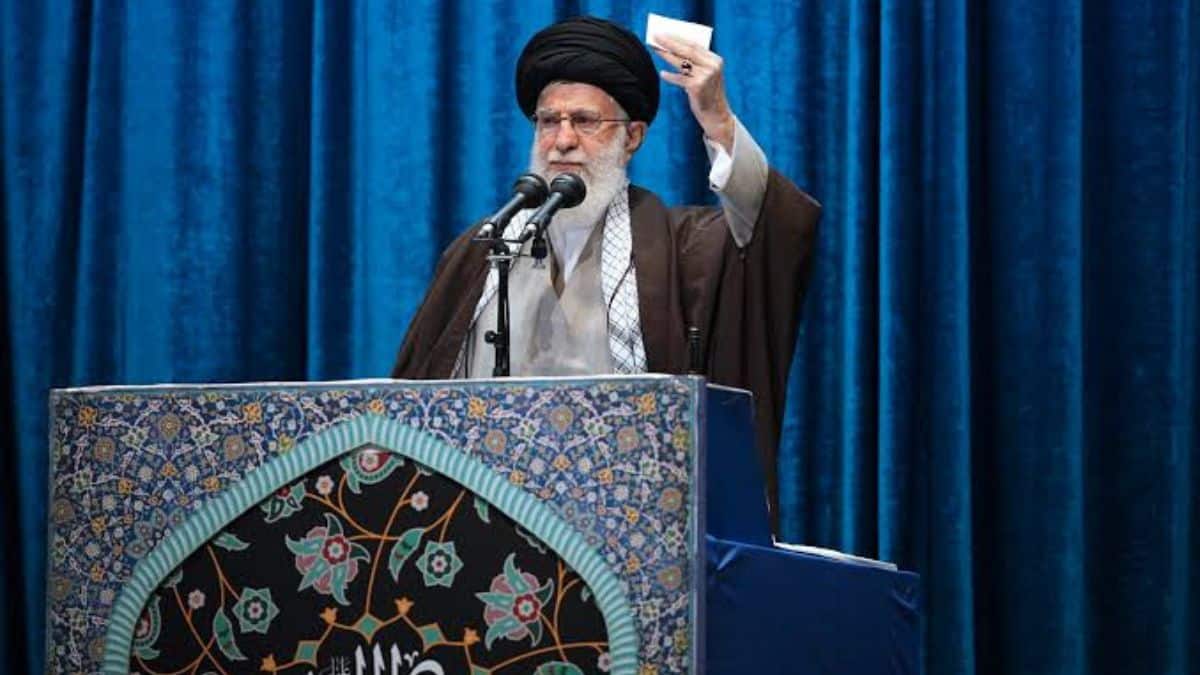Tensions have escalated across the Middle East following the assassination of Hamas political leader Ismail Haniyeh in Tehran. The killing has prompted a strong reaction from Iran’s Supreme Leader, Ayatollah Ali Khamenei, who has vowed retaliation against those responsible.
Haniyeh, a prominent figure in the Hamas movement which governs the Gaza Strip, was reportedly gunned down by unknown assailants while in Tehran for a high-profile meeting. The attack has been met with widespread condemnation from Tehran, with Khamenei describing the assassination as a “cowardly act” and a “grave injustice” against Palestinians and their allies.
In a public address, Khamenei declared that Iran would seek retribution for Haniyeh’s death, pledging to hold accountable those behind the attack. His comments reflect Iran’s longstanding support for Hamas and its broader resistance against Israeli policies in the region. The Iranian government has also called for immediate international action to address what it terms escalating violence against Palestinian leaders.
The assassination has intensified regional instability, prompting concerns of potential retaliation and escalation. Hamas supporters have staged protests in various cities, and there are fears that the incident could trigger further violence between Palestinian groups and Israeli forces. The international community urged all political parties to avoid further escalation and seek diplomatic solutions.
As the situation develops, global leaders are closely monitoring the region, apprehensive about the potential for increased conflict. The assassination of Haniyeh marks a significant and controversial moment in Middle Eastern geopolitics, with implications that could reverberate throughout the region for months to come.

